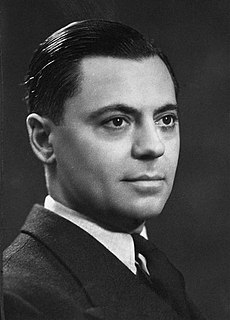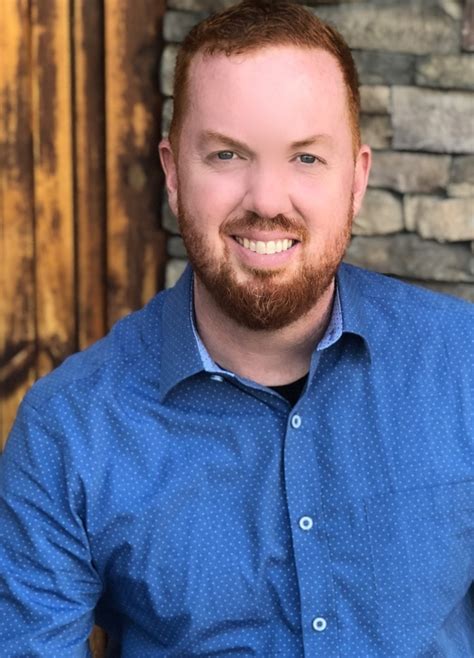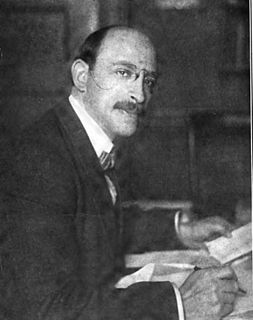A Quote by Cesare Beccaria
In order that punishment should not be an act of violence perpetrated by one or many upon a private citizen, it is essential that it should be public, speedy, necessary, the minimum possible in the given circumstances, proportionate to the crime, and determined by the law.
Related Quotes
He’s bound to have done something,” Nobby repeated. In this he was echoing the Patrician’s view of crime and punishment. If there was a crime, there should be punishment. If the specific criminal should be involved in the punishment process then this was a happy accident, but if not then any criminal would do, and since everyone was undoubtedly guilty of something, the net result was that, in general terms, justice was done.
All you have to do, is to see whether the law takes from some what belongs to them in order to give it to others to whom it does not belong. We must see whether the law performs, for the profit of one citizen and to the detriment of others, an act which that citizen could not perform himself without being guilty of a crime. Repeal such a law without delay. ... [I]f you don't take care, what begins by being an exception tends to become general, to multiply itself, and to develop into a veritable system.
But it is recognized that punishment for the abuse of the liberty accorded to the press is essential to the protection of the public, and that the common law rules that subject the libeler to responsibility for the public offense, as well as for the private injury, are not abolished by the protection extended in our constitutions. The law of criminal libel rests upon that secure foundation. There is also the conceded authority of courts to punish for contempt when publications directly tend to prevent the proper discharge of judicial functions.
To the second end, we hold that minimum wage commissions should be established in the Nation and in each State to inquire into wages paid in various industries and to determine the standard which the public ought to sanction as a minimum; and we believe that, as a present installment of what we hope for in the future, there should be at once established in the Nation and its several States minimum standards for the wages of women, taking the present Massachusetts law as a basis from which to start and on which to improve.
Why does a woman carry a gun? Because, under our system, every citizen has the latitude to act in the absence of police; the latitude to act reasonably, to act immediately, to act in defense of self, to act in defense of another, to act with lethal force, to act with her acquired training and to act not in anger but to respond in purpose. To exercise the protections of that latitude in public policy, public interest and practical safety, all that is demanded of her is that she act reasonably under the circumstances.
Remember that you are an actor in a drama of such sort as the Author chooses: if short, then in a short one; if long, then in a long one. If it be His pleasure that you should enact a poor man, or a cripple, or a ruler, or a private citizen, see that you act it well. For this is your business, to act well the given part. But to choose it belongs to Another.


































